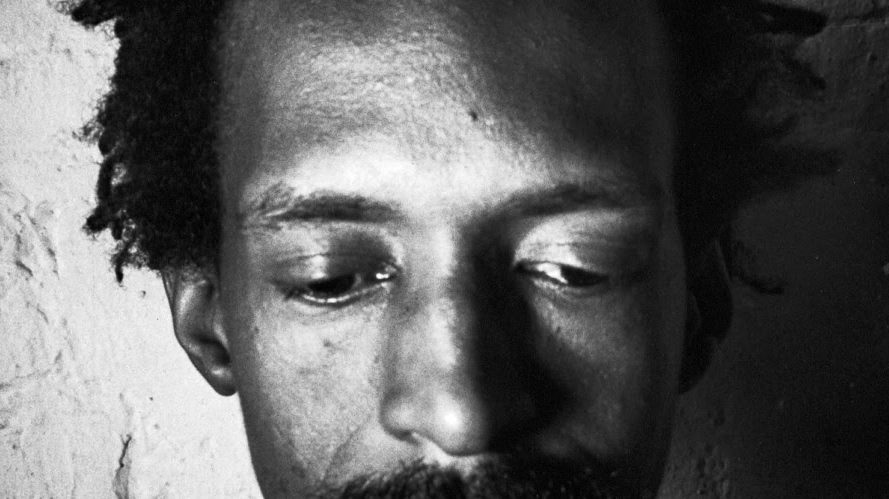Soundward is a collaboration between Relevant Tones host Seth Boustead and Q2 music host Phil Kline in which the pair sit down and listen to new music releases.
The show begins with a piece from the late New York composer, Julius Eastman. Although he was relatively unknown outside of the New York City music community in the 1970s, reissues of performances have sparked new interest in the composer.
Recorded in 1974, The S.E.M. Ensemble premiered Eastman’s piece Femenine with the composer on the piano. Eastman is known for his use of jazz-informed improvisation in creating musical themes associated with minimalism.
In a review of this reissue, Seth Colter Walls writes, “Femenine was an early example of Eastman’s “organic music” concept—a version of minimalism which allowed for all previously played material to be present in later stages of a performance.”
Eastman’s “Femenine” was an innovative take on Minimalism which was a dominant musical language in the New York music scene in the 1970s. Today, composers like Chinary Ung continue to break musical boundaries by experimenting with instrumentation. Ung is a Cambodian-American composer who integrates music of East and West. Often referring to his music in terms of color, he says, “If East is Yellow and West is blue, then my music is green.”
While some pieces are unique for their style or instrumentation, pieces like “Hopscotch: A Mobile Opera for 24 Cars”, the performance itself is notable.
In this episode, you’ll hear composer Andrew Norman’s contribution to the operatic experience in which audience members were picked up in limos with performers in character in them, dropping them off at various locations. The opera is told non-linearly, much like the 1963 novel which inspired this opera. In total, the opera was written by six composers and six librettists. The recorded version of “Hopscotch” was released on a USB drive which automatically shuffles the order of the pieces.
HOPSCOTCH Chapter 1 from The Industry on Vimeo.

